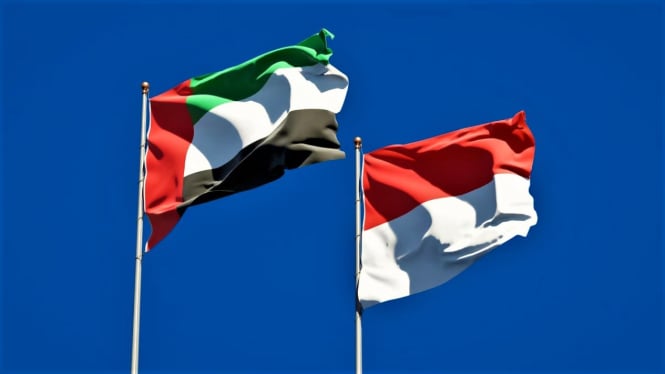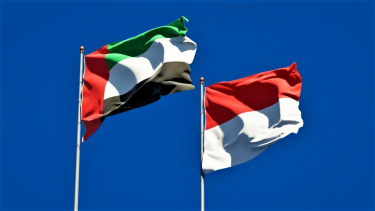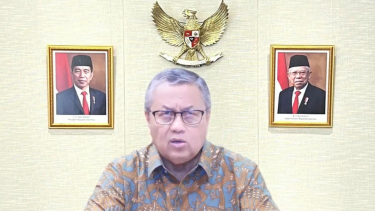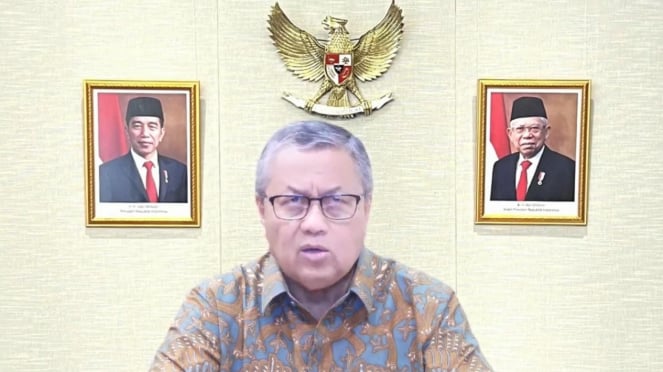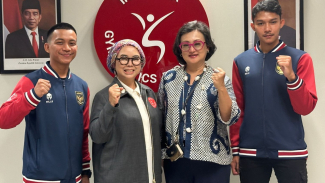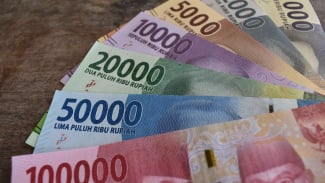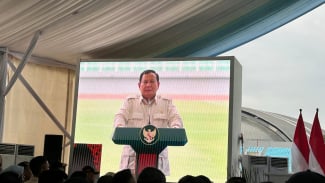Indonesia, UAE Sign Agreement to Use Local Currency Transaction
- Economy middle east
Jakarta – Indonesia and the United Arab Emirates (UAE) have agreed to support the staeady growth of trade relations between the two countries through the establishment of a framework that promotes the use of local currencies for bilateral transactions.
This was marked by the signing of a Memorandum of Understanding (MoU) between the Governor of Bank Indonesia, Perry Warjiyo, and the Governor of the UAE Central Bank, Khaled Mohamed Balama.
This cooperation to support the partnership between the UAE and Indonesia in the growth of non-oil and gas trade which continues to increase between 2017 and 2023.
“The importance of efforts to deepen financial markets and strengthen the UAE's economic relations with Indonesia through the use of local currencies. This initiative is one of the efforts to promote stability and resilience to address rising economic vulnerabilities,” Warjiyo said in a statement.
Gubernur Bank Indonesia (BI) Perry Warjiyo
- VIVA.co.id/Anisa Aulia
The MoU lays out a framework consisting of various elements to facilitate the settlement of cross-border trade transactions in the two national currencies (UAE Dirham and Rupiah).
The MoU also describes the types of transactions that are eligible and possible to support financial market development.
This collaboration marks an important milestone in strengthening bilateral financial cooperation. And, it's expected to help businesses reduce transaction processing costs.
Under this agreement, the UAE Central Bank and Bank Indonesia will collaborate in encouraging the use of each country's national currency by supporting the gradual implementation of the framework, which also aims to support economic stability and financial system stability.
Meanwhile, the Governor of the UAE Central Bank, Khaled, said this agreement was to strengthen partnerships and open up greater business opportunities.
“This agreement is the basis for strengthening the partnership between the two parties in the future, opening up greater business opportunities in the banking and financial sectors, as well as efforts to support trade and investment growth,” Warjiyo explained.


